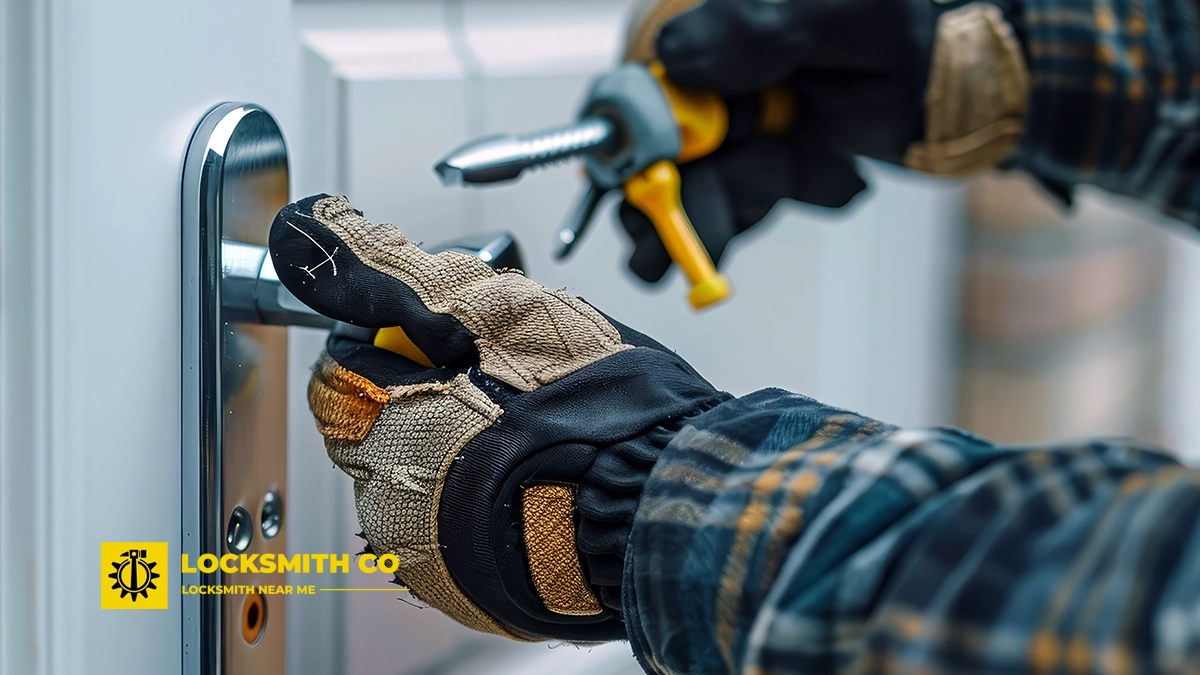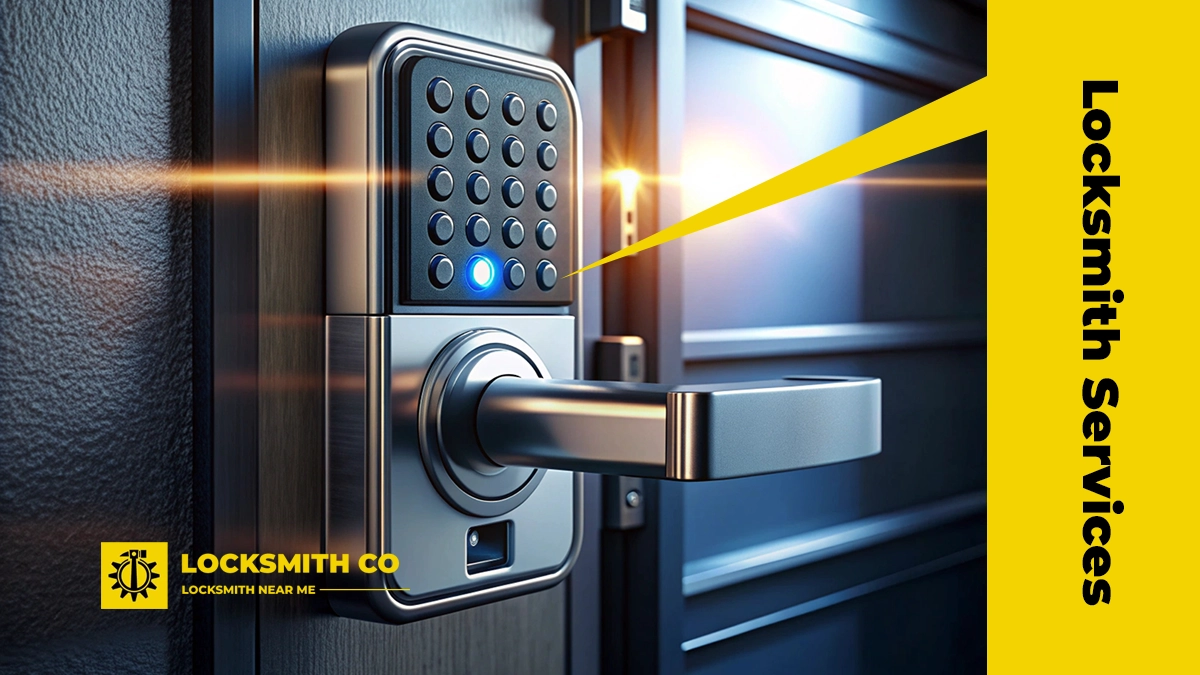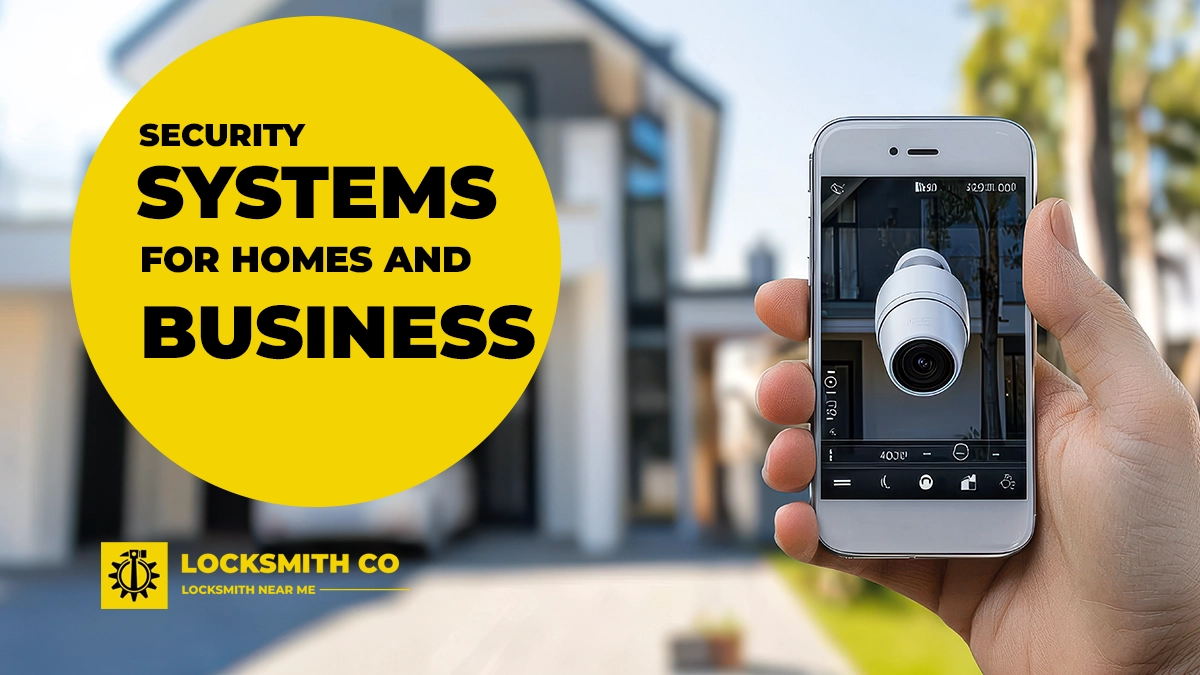Top tips for locating affordable locksmith services in London. When you're locked out of your…
How to Master DIY Lock Installation: A Step-by-Step Guide to British Standard Dead Locks
How to master DIY lock installation: A step-by-step Guide to British standard dead locks. Installing a British Standard dead lock on your own can be a rewarding project, enhancing your home’s security while allowing you to gain valuable DIY skills.
How to Master DIY Lock Installation
For homeowners and DIY enthusiasts eager to boost their home security, mastering the installation of these robust security locks is a crucial endeavour.
This guide will walk you through the intricacies of DIY lock installation, ensuring you understand the nuances of fitting a dead lock that meets the British Standard.
As a trusted advisor in locksmith services, we provide you with professional insights and step-by-step instructions, ensuring you can confidently undertake this task with the assurance of enhanced home security without the immediate need for locksmith services.
Understanding British Standard Dead Locks
What is a British Standard Dead Lock?
A British Standard dead lock is a high-security lock that meets the stringent requirements set out by the British Standards Institution (BSI).
These locks are renowned for their robustness and reliability, designed to provide maximum security for residential and commercial properties.
A key feature of a British Standard dead lock is its compliance with BS 3621, a benchmark that ensures the lock can withstand common burglary techniques such as drilling, picking, and forced entry.
Typically, a British Standard dead lock includes a hardened steel bolt, anti-drill plates, and a key-operated mechanism that secures the door from both sides.
These attributes not only deter potential intruders but also offer peace of mind for homeowners and business owners alike.
Understanding these characteristics is essential for anyone considering DIY lock installation to enhance their home security.
Importance of British Standard Dead Locks
British Standard dead locks are essential for maintaining a high level of home security. These locks are not only a deterrent to burglars but also a requirement for many home insurance policies.
By installing a lock that meets British Standard criteria, you potentially reduce your insurance premiums while ensuring that your property is adequately protected.
Moreover, these locks are engineered to withstand a range of forced entry techniques, providing greater assurance than non-standard locks.
The inclusion of features like anti-pick mechanisms and hardened bolts further increases their effectiveness.
For those concerned about home security, fitting a British Standard dead lock is a proactive step towards safeguarding your property.
Additionally, these locks contribute to the overall security integrity of a building, offering a reliable solution for both residential and commercial uses.
Their importance cannot be overstated, as they form a critical component of a comprehensive security strategy.
Choosing the Right Security Locks
Selecting the appropriate security locks for your home or business is a crucial step in enhancing your property’s safety.
When considering British Standard dead locks, it’s essential to understand the specific requirements of your door and the level of security you wish to achieve.
Start by evaluating the type of door you have—wooden, composite, or uPVC as this will influence the kind of lock you can install.
Next, look for locks that are certified to BS 3621 standards. This certification ensures the lock has been rigorously tested for strength and durability.
It’s also wise to consider additional features such as anti-snap, anti-drill, and anti-pick mechanisms, which can provide extra layers of security.
Consulting with a professional locksmith service can offer valuable insights into the best options available.
They can recommend locks that not only meet British Standards but also suit your specific security needs, ensuring optimal protection for your property.
Step-by-Step DIY Lock Installation
Tools Needed for DIY Lock Installation
Before embarking on your DIY lock installation project, it’s essential to gather all the necessary tools.
Having the right equipment ensures a smooth and efficient process. Here’s a list of tools you’ll need:
- Screwdrivers: Both flathead and Phillips screwdrivers are essential for removing and securing screws.
- Drill and Drill Bits: A power drill with various bit sizes is crucial for creating holes and enlarging existing ones.
- Chisels: These are used for mortising the lock body into the door.
- Tape Measure: Accurate measurements are critical for a proper fit.
- Pencil: For marking drill points and cut lines.
- Hammer: Useful for chiselling and driving screws.
- Safety Glasses: Always protect your eyes when drilling or chiselling.
- Spirit Level: Ensures your lock is aligned correctly.
Having these tools on hand prepares you for a successful DIY lock installation, making the process more straightforward and efficient.
Preparing for Installation
Preparation is crucial for a successful DIY lock installation. Start by choosing the appropriate lock for your door type and ensuring it meets British Standard criteria.
Begin by reading the manufacturer’s instructions carefully to understand all the components included in your lock kit.
Next, gather all necessary tools listed in the previous section. Ensure your workspace is well-lit and free of clutter to avoid any mishaps.
It’s also prudent to remove any existing locks if you are replacing an old one.
Measure the door’s thickness and the backset (the distance from the edge of the door to the centre of the lock) to ensure your new lock fits properly.
Mark the positions for drilling using a pencil and a template if provided. Double-check these measurements to avoid errors.
This preparation phase sets the foundation for a smooth installation process, ensuring that you are well-equipped to tackle each step confidently.
Installing the British Standard Dead Lock
With your preparation complete, you’re ready to install your British Standard dead lock.
Begin by drilling holes for the lock body and keyhole. Use your drill and the appropriate bit to ensure the holes are correctly sized, referring to the markings you made during preparation.
Next, chisel out space for the lock body so it sits flush with the edge of the door.
Be precise with your chiselling to avoid damaging the door. Insert the lock body into the mortised area and secure it with screws.
After fitting the lock body, install the strike plate on the door frame, aligning it with the lock bolt. Ensure the plate is level and secure it with screws.
Finally, test the lock by turning the key several times to ensure it operates smoothly without obstruction.
Adjust as necessary for perfect alignment. Successful installation of a British Standard dead lock enhances your home security significantly.
Enhancing Home Security
Benefits of Professional Locksmith Services
While DIY lock installation can be rewarding, there are significant advantages to enlisting professional locksmith services.
Firstly, locksmiths bring expertise and experience, ensuring installations are performed with precision and meet all safety standards.
This expertise minimises the risk of improper installation, which could compromise security.
Professional locksmiths also have access to high-quality tools and the latest lock technology, offering solutions that might be unavailable in retail stores.
They can provide tailored advice on the best security locks for your specific needs, ensuring your home is as secure as possible.
Additionally, using professional locksmith services saves time and effort. A skilled locksmith can complete the installation efficiently, allowing you to focus on other tasks.
Moreover, many locksmiths offer guarantees on their work, providing peace of mind that your lock will function correctly.
Incorporating professional locksmith services into your security strategy enhances reliability, making it a worthwhile investment for safeguarding your home.
Tips for Maintaining Security Locks
Maintaining security locks is essential for ensuring their longevity and effectiveness.
Regular maintenance can prevent malfunctions and enhance your home security.
Start by routinely inspecting the lock for any signs of wear or damage, such as rust, which can compromise its functionality.
Lubricate the lock mechanism with a graphite-based lubricant every six months.
Avoid using oil-based lubricants as they can attract dust and grime, leading to blockages.
Ensure the key operates smoothly within the lock; if it becomes stiff or difficult to turn, it may be time for a professional inspection.
Clean the lock exterior with a soft cloth to remove dirt and grime that can accumulate over time.
Additionally, ensure that the door and frame are aligned correctly to prevent undue stress on the lock.
Finally, always use the lock properly. Avoid slamming the door or using excessive force on the key, as these actions can damage the lock mechanism.
Regular maintenance helps to keep your security locks in optimal condition, ensuring your home remains secure.
When to Seek Professional Help
Knowing when to seek professional help for your security locks is crucial for maintaining home security.
If you experience persistent issues such as a stiff key, difficulty turning the lock, or the door not closing properly, it’s time to call a locksmith.
These problems can indicate deeper, more complex issues that require professional expertise.
Additionally, if you’ve experienced a break-in or attempted burglary, having a professional assess and potentially upgrade your locks is essential.
They can identify vulnerabilities and recommend security enhancements to prevent future incidents.
When moving into a new home, it’s advisable to have the locks rekeyed or replaced by a professional to ensure no unauthorised individuals have access.
Also, if you lose your keys or they are stolen, immediate locksmith services are necessary to secure your property.
Seeking professional help ensures your locks are in optimal condition, providing peace of mind and enhanced home security.




This Post Has 0 Comments